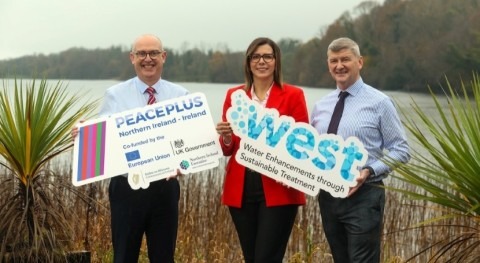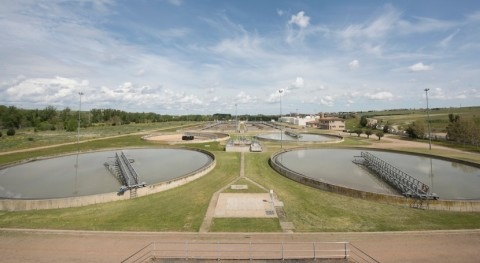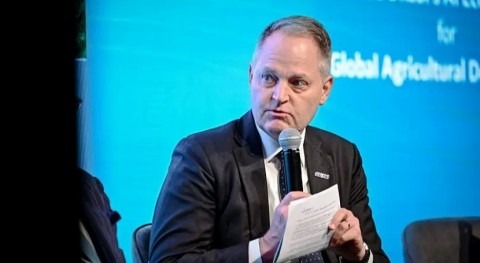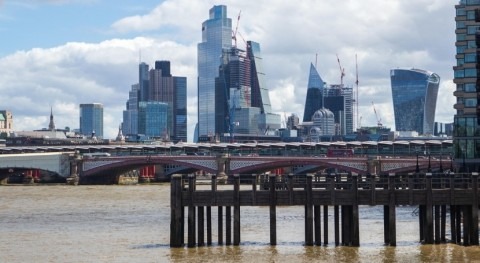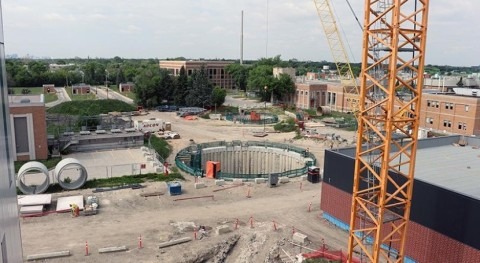Metro Vancouver has partnered with Jacobs in a major effort to reduce greenhouse gas (GHG) emissions from wastewater treatment plants, marking a significant step toward sustainability.
Serving over three million people across British Columbia, Metro Vancouver is responsible for delivering essential regional utility services, including wastewater treatment. The region processes roughly 320 million gallons (more than 1.2 billion liters) of wastewater every day. Acknowledging the environmental impact of this process, Metro Vancouver has committed to reducing emissions by 45% from 2010 levels by 2030 and achieving carbon neutrality by 2050.
As the engineering services consultant, Jacobs will help identify and reduce fugitive emissions at Metro Vancouver facilities, beginning with the Lulu Island Wastewater Treatment Plant and potentially expanding to other sites.
With over a century of experience in wastewater treatment and deep familiarity with Metro Vancouver’s five treatment plants, Jacobs brings a mix of global expertise and local understanding to the initiative. The firm will craft a strategy that addresses the region’s specific needs while incorporating proven international practices.
“Leveraging our global expertise and local knowledge, we’re working with Metro Vancouver to create a robust monitoring and mitigation plan,” says Jacobs Project Manager Lucy Cotter. “This project is about identifying emissions and implementing real, tangible solutions to reduce them.”
Acknowledging the environmental impact of this process, Metro Vancouver has committed to reducing emissions by 45% from 2010 levels by 2030 and achieving carbon neutrality by 2050
Jacobs has led similar GHG reduction initiatives around the world—developing conceptual designs, conducting cost analyses, and implementing innovative technologies that limit nitrous oxide (N₂O) emissions and enhance biogas recovery to reduce methane leakage.
“This project is just the beginning. As we work with Metro Vancouver to reduce GHG emissions, we're excited about the potential to expand these efforts to other WWTPs in the region,” adds Jacobs Global Principal - Wastewater Energy Optimization and Sector Decarbonization Emma Shen. “Together, we're not just addressing climate change - we're setting a new standard for environmental stewardship in the wastewater sector.”
Jacobs has worked alongside Metro Vancouver for over 20 years on critical water and wastewater infrastructure. This includes the award-winning rehabilitation of the New Westminster Interceptor Columbia Section, where trenchless technology helped minimize construction-related emissions, and upgrades at the Northwest Langley plant.
In 2024, Metro Vancouver also selected Jacobs for the Coquitlam Lake Water Supply Project, which will expand capacity for the region’s largest drinking water source, as well as improvements at the Iona Island Wastewater Treatment Plant. During early planning and design for the Iona upgrade, Jacobs collaborated with Metro Vancouver to evaluate GHG emissions tied to various treatment technologies—laying the groundwork for more sustainable decision-making moving forward.




